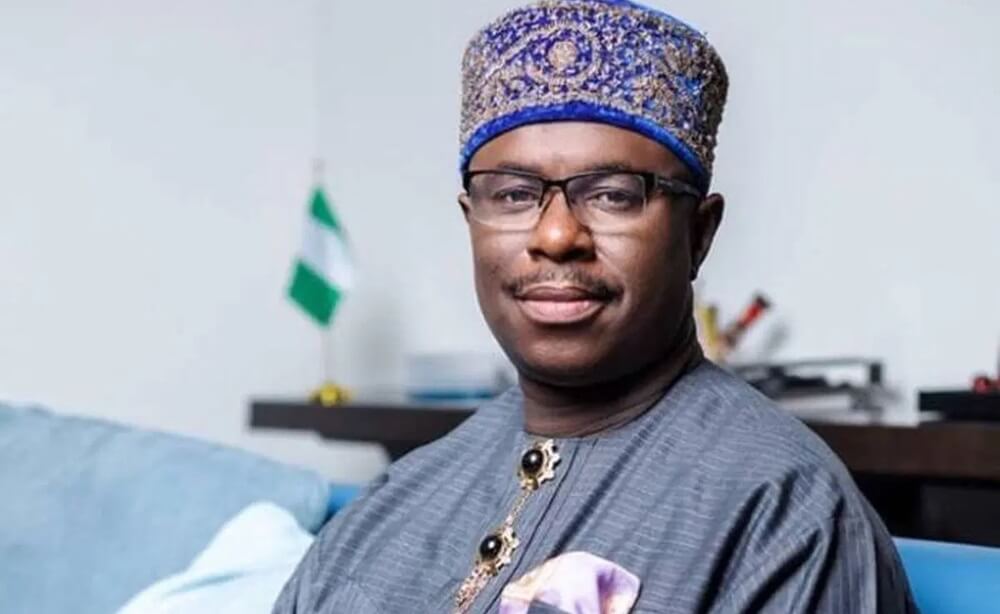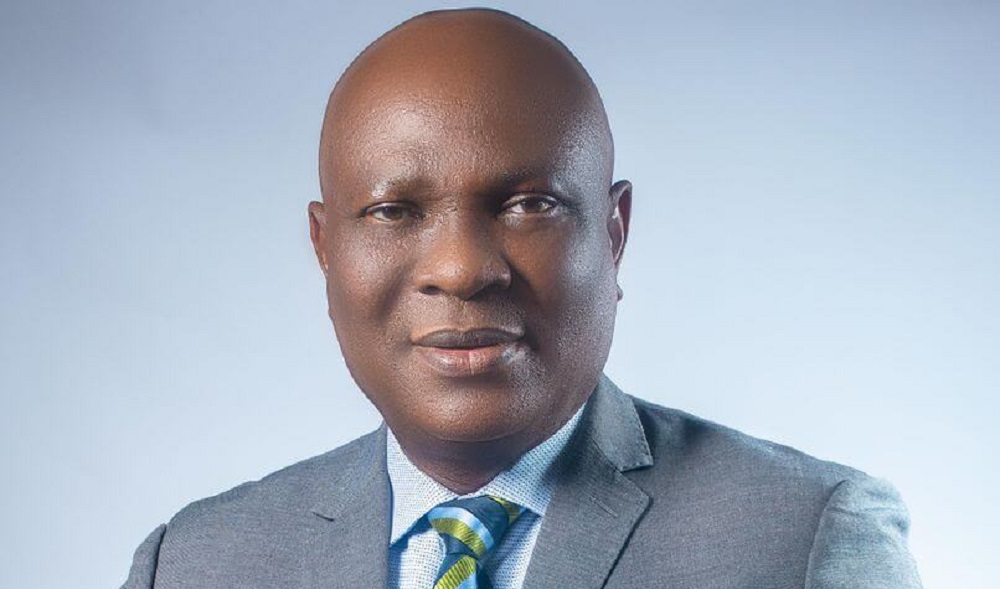The Eyes As Windows To Health: How Routine Eye Exams Can Save Lives

Most people think eye examinations are just about getting glasses or checking how well they see. But here’s something most people do not know — your eyes can reveal what is happening in the rest of your body, long before you feel anything.
This is because the eyes are one of the only places where a doctor can directly look at the blood vessels. No injections, no pain — just a light, a lens, and a trained eye. And sometimes, what they find could save your life.
It’s Not Just About Vision
Many health conditions show early signs in the eye, such as
- Diabetes
- High blood pressure
- High cholesterol
- Even serious issues like brain tumours or multiple sclerosis
For example, diabetes can damage tiny blood vessels in the eye, causing diabetic retinopathy, which is one of the leading causes of blindness. However, if it is detected early, it can be treated. The same applies to high blood pressure. It often leaves clues in the eye before you feel ill.
Did you know that yellowish spots on your eyelids or a grey ring around your cornea might point to high cholesterol? The eyes really tell a story.
Why This Matters (Especially in Nigeria)
Diseases such as diabetes and hypertension are becoming more common in Nigeria and many other countries. Unfortunately, most people do not even know that they have them until something goes wrong.
Eye examinations can be a powerful early warning system. It’s quick. It’s painless. This can help detect these health risks before they cause serious problems.
What Happens During a Full Eye Exam?
A real, comprehensive eye examination is more than reading letters on a chart. It may
include:
- Checking your retina (the back of your eye) for damage
- Measuring eye pressure (to check for glaucoma)
- Testing your side vision (which can pick up brain or nerve issues)
- Looking for signs of inflammation, cataracts, or even tumours
Even if your vision is perfect, getting this kind of checkup once a year is a smart move, especially if you are over 40 or have a family history of health conditions.
Eye Doctors Are Health Watchdogs
It’s time to stop thinking of eye doctors as “just for glasses”. They’re trained to spot signs of bigger health issues. In fact, in many communities, the eye clinic might be the first place someone goes to when something feels off.
So, do not wait for blurry vision or eye pain before you book an appointment. Prevention is better and often cheaper than a cure.
Final Thoughts
A simple eye exam could reveal much more than whether you need new glasses. This could flag something that requires urgent attention. That is why eye care should be part of everyone’s health routine, not just a once-in-a-while thing.
If you have not had a full eye check in the last year, this is your sign to book one. If you are in a position to influence health policies or workplace wellness programmes, ensure that eye care is part of the plan.
Because your eyes aren’t just for seeing. They’re for knowing.
Eye Care as a Public Health Strategy
It is time to move eye care out of the margins and into the centre of health system conversations. Vision health is not a luxury; it is fundamental to education, productivity, mobility, and quality of life.
As a country striving for Universal Health Coverage (UHC), Nigeria must strengthen access to comprehensive eye examinations, particularly in underserved populations.
Technologies, such as retinal cameras, portable diagnostic kits, and mobile eye clinics, can help bridge this gap. So, can integrating eye health into chronic disease management protocols in primary care centres.
My Call to Action
- To the general public: Get a comprehensive eye exam annually, not just when your glasses feel off.
- To patients with chronic diseases: Your eyes may reveal what your body hasn’t told you yet. Do not skip your check-ups.
- To health system leaders and policymakers: Prioritise eye health in your UHC planning and public health budgets. It’s one of the most cost-effective ways to catch and treat disease early.
When we see better, we live better. But when we look deeper, we catch the things that matter most.
Let us treat eye examinations not as routine but as revolutionary.
– Dr Ugonna Nwigwe is an Optometrist | Healthcare Transformation Leader | Founder, The Eye Place Nigeria.
The Eyes As Windows To Health: How Routine Eye Exams Can Save Lives is first published on The Whistler Newspaper





